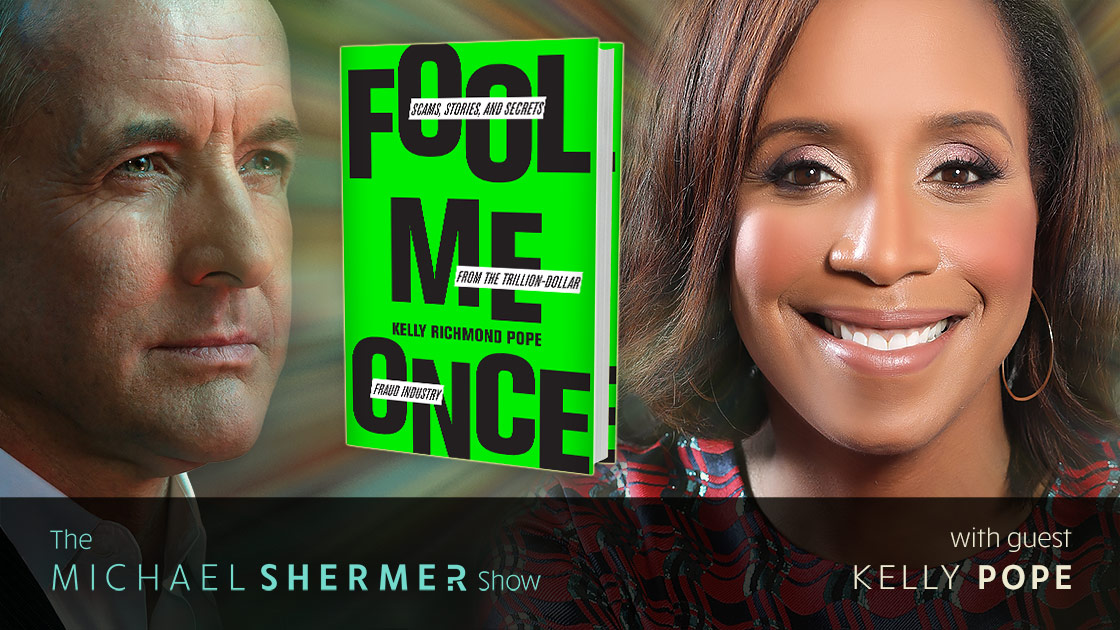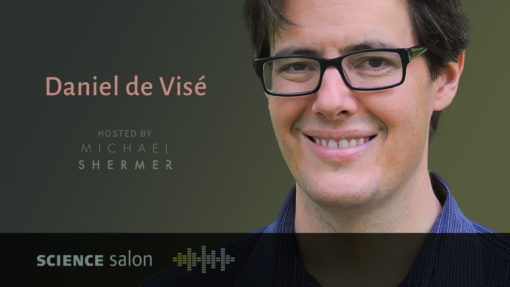doping

Shermer and Pope discuss: SBF and FTX • Bernie Madoff • The Tinder Swindler • gullibility • intentional perps, accidental perps, and righteous perps • innocent bystanders and organizational targets • accidental whistleblowers, noble whistleblowers, and vigilante whistleblowers • identity theft • IRS scams • doping in sports • Frank Abagnale Jr. • Edward Snowden and Julian Assange as righteous perps • Daniel Ellsberg as a noble whistleblower • Phil Zimbardo and The Lucifer Effect • how to tell if…

Part 2 of the documentary film “Lance” airs tonight on ESPN and served as a catalyst for this article that employs game theory to understand why athletes dope even when they don’t want to, as well as thoughts on forgiveness and redemption. The article is a follow up to and extension of Dr. Shermer’s article in the April 2008 issue of Scientific American.
Part 2 of the documentary film “Lance” airs tonight on ESPN and served as a catalyst for this article that employs game theory to understand why athletes dope even when they don’t want to, as well as thoughts on forgiveness and redemption. The article is a follow up to and extension of Dr. Shermer’s article in the April 2008 issue of Scientific American.
Sleep paralysis is a type of hallucination that occurs in the fuzzy borderlands between wakefulness and sleep. Former tripping-hippie-conspiracy-theorist-turned-skeptic Heidi Love shares first-hand accounts of her experiences lucid dreaming under sleep paralysis.

Shermer speaks with Daniel de Visé about one of the greatest athletes in American history, three-time Tour de France winner Greg LeMond. They also discuss: Lance Armstrong and the era of using Performance Enhancing Drugs in sports and the ethics of how something can be immoral if everyone is doing it. Shermer explains his game theory analysis of cheating and how to tilt the incentive matrix to encourage fair play among all agents in a system, and more…
In this week’s eSkeptic we present the complete version of Michael Shermer’s article, originally published in Scientific American, that attempts to answer this question using game theory and behavioral economics and psychology.











